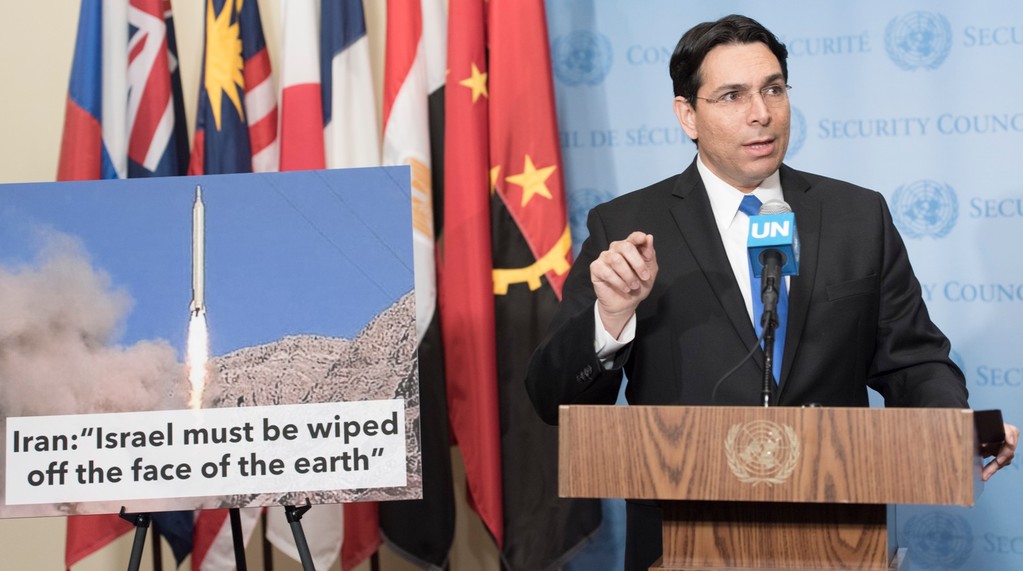Fresh ‘positive agenda’ set by Israel U.N. envoy
“Every week there is an attack at the U.N. against Israel,” Israeli Ambassador to the United Nations Danny Danon told me at the recent American Israel Public Affairs Committee (AIPAC) conference.
In the week that followed our interview, the U.N. Human Rights Council (UNHRC) appointed a Canadian legal expert who has expressed anti-Israel views to the post of special rapporteur on Palestinian human rights. The UNHRC also adopted a measure that calls for the creation of a database—or what Danon called a “blacklist”—of businesses “involved in activities” in Judea and Samaria.
But what can Israel actually do about its concerns on decades of U.N. bias? Can Israel even go as far as reversing the trend?
That’s what I asked Danon in Washington, before the unfolding of this week’s Israel-related U.N. controversies. The ambassador, who was appointed to the role last August, stressed that while bias and double standards should still be called out for what they are, Israel also needs good cop advocacy at the world body.
“When I stepped in, I told my staff we would push a positive agenda,” Danon said. “That’s what we are doing. Almost every week we have an event at the U.N. It can be an Israeli singer, or it can be a panel about water technology in Israel. We create the atmosphere, and it is working—that Israel is not all about the conflict with the Palestinians, but we have a lot to offer the U.N.”
The last time I interviewed Danon, in July 2014, he explained that he takes “a direct approach, not being wishy-washy on issues, even if it means I have to confront the chairman of my own party (Likud)—the prime minister—on very important issues.” The same month, Prime Minister Benjamin Netanyahu dismissed Danon as deputy defense minister for doing just that—criticizing the Israeli government’s handling of the Gaza war.
But in 2015, Danon reentered Netanyahu’s cabinet as minister of science, technology and space, before being appointed U.N. envoy.
Danon said he hasn’t stopped speaking his mind, but simply does so in a different capacity.
Distributed by JNS.org

 61.0°,
Mostly Cloudy
61.0°,
Mostly Cloudy 




